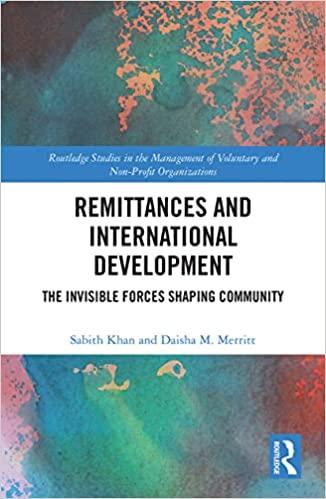
10. TheCapital Asset Pricing Model and the security market line Clancy holds a portfolio that invests equally in three stocks, such that wA=wB=wC=1/3. Each stock is described in the following table: An analyst has used market- and firm-specific information to make expected return estimates for each stock. The analyst's expected return estimates may or may not equal the stocks' required returns. The risk-free rate (RF) is 4%, and the market risk premium ( RPM ) is 5%. Use the following graph of the security market line (SML) to plot each stock's beta and expected return on the graph. Tool tip: Mouse over the points on the graph to see their coordinates. A stock is in equilibrium if its expected return its required return. In general, assume that markets and stocks are in equilibrium (or fairly valued), but sometimes investors have different opinions about a stock's prospects and may think that a stock is out of equilibrium (either undervalued or overvalued), Based on the analyst's expected return estimates, Stock A is , Stock B is , , , Stock C is in equilibrium and fairly valued. 10. TheCapital Asset Pricing Model and the security market line Clancy holds a portfolio that invests equally in three stocks, such that wA=wB=wC=1/3. Each stock is described in the following table: An analyst has used market- and firm-specific information to make expected return estimates for each stock. The analyst's expected return estimates may or may not equal the stocks' required returns. The risk-free rate (RF) is 4%, and the market risk premium ( RPM ) is 5%. Use the following graph of the security market line (SML) to plot each stock's beta and expected return on the graph. Tool tip: Mouse over the points on the graph to see their coordinates. A stock is in equilibrium if its expected return its required return. In general, assume that markets and stocks are in equilibrium (or fairly valued), but sometimes investors have different opinions about a stock's prospects and may think that a stock is out of equilibrium (either undervalued or overvalued), Based on the analyst's expected return estimates, Stock A is , Stock B is , , , Stock C is in equilibrium and fairly valued







